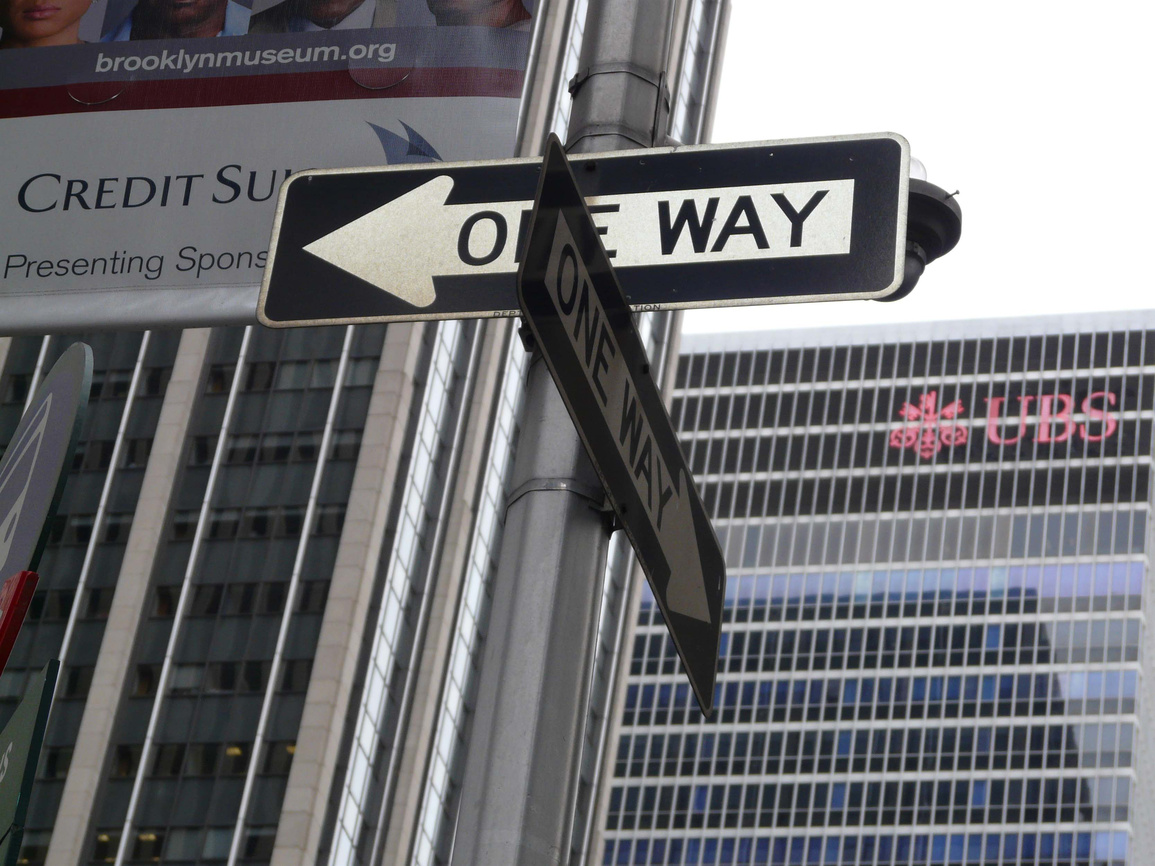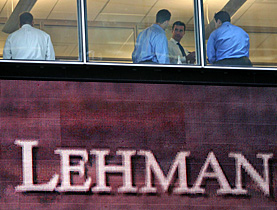
UBS Ospel “gamble” may backfire

UBS has taken a huge risk by asking shareholders at the bank’s annual general meeting (AGM) to absolve former bosses of wrongdoing, according to one legal expert.
Former chairman Marcel Ospel is among a host of directors and executives blamed by many for leading the bank into trouble. Their leadership has led to questions about possible civil or criminal liability.
UBS was the worst-hit European bank from the subprime mortgage-induced financial crisis. It was also forced to hand over confidential client data to the United States last year after admitting it aided tax evaders.
The bank’s current board decided in December not to bring criminal or civil charges against individuals following an investigation involving Swiss financial regulators. At the same time, canton Zurich prosecutors also took the view that there was no case to answer.
But the Swiss parliament has yet to decide how thoroughly to examine the events that led up to the bank’s rapid fall from grace. And shareholders who lost money may also decide to file private law suits.
Nevertheless, shareholders have been asked to vote at Wednesday’s AGM on the discharge of all board members and executives between the years 2007 and 2009. This would, in effect, absolve people like Ospel, his successor Peter Kurer, former chief executives Peter Wuffli and Marcel Rohner and current bosses of any blame.
Misjudged mood?
The inclusion of the item on the agenda has brought sharp criticism from the media and politicians, who have yet to launch their own probe. However, the bank issued a statement denying it was trying to cover anything up.
“By asking for a discharge, the bank is not attempting to shun its past. We are confronting the question of civil liability and [will] give our shareholders the right to decide,” it read.
But Peter V Künz, an expert in corporate law at Bern University, believes UBS may have misjudged the mood of its shareholders by acting too soon. Discharging executives of their responsibilities is common practice in Switzerland, but UBS could have waited another year or two until all investigations had been completed.
“If UBS gets a yes vote, it would strengthen its hand against future investigations,” he told swissinfo.ch. “I think it expected to get a ‘yes’, but it would be embarrassing to the board if shareholders vote no.”
And there is plenty of evidence that shareholders may revolt against the UBS board’s recommendation. Swiss sustainable investment foundation Ethos, which advises pension funds and has a large UBS stake, has stated that it will vote against the discharge.
“In light of the board’s heavy responsibility for the enormous losses realised in recent years and the ongoing sensitive tax issues with the US as well as the board’s decision not to file claims against former executives, Ethos recommends that shareholders do not grant the discharge,” it said in a statement.
Prosecution difficulties
Large US shareholders, such as Riskmetrics and Glass Lewis, also look likely to defy the bank’s wishes. Künz believes such shareholders want to force the current UBS board to rethink its December decision to absolve former bosses of blame.
“If the vote is ‘no’, there would be no real direct legal implications for UBS,” he told swissinfo.ch. “But it might force UBS to review its decision, something it could do at its own discretion.”
Proving criminal or civil liability against executives in Switzerland is not an easy task. Three years ago, an attempt by canton Zurich to prosecute former bosses of the failed airline Swissair ended without a single conviction and a SFr5 million ($4.66 million) bill.
Forcing UBS to change its mind under the weight of shareholder pressure could represent the only real chance to gain recompense for many losers of the bank’s strategy.
“The primary problem of bringing a private civil case of this nature in Switzerland is the huge cost, which would be way beyond the means of many shareholders,” Künz said. “If the discharge is passed, then it would bring an end to any hopes that UBS would file its own actions.”
In addition, shareholders would have to file a civil action within six months of a discharge, further damaging their chances of success, according to Künz.
Wednesday’s AGM in Basel promises to be a stormy affair, but it also promises to be a very significant one for shareholders and former bosses alike.
Matthew Allen, swissinfo.ch
Shareholders will have the opportunity to vote on a number of important issues at UBS’s annual general meeting in Basel on Wednesday, April 14.
The discharge of board members and executives for the years 2007, 2008 and 2009 could prove to be the most contentious issue.
UBS has recommended that shareholders vote to absolve bosses of blame for their leadership that cost some $50 billion (SFr54 billion) in losses in that period. At the same time UBS’s reputation was severely tarnished by the US tax evasion probe.
Shareholders must in effect decide on the degree of liability shared by former and current board members and executives who would all be included in the blanket vote of all bosses in the three-year period.
Former chairman Marcel Ospel plummeted from being a Swiss corporate champion to public enemy number one as UBS fell apart. But shareholders will also be invited to vote on the responsibility of current chief executive Oswald Grübel and chairman Kaspar Villiger.
Other potentially divisive items on the agenda include an advisory vote on UBS’s 2009 remuneration policy that saw bonuses rise to SFr2.9 billion despite a group financial loss last year.
The Ethos Foundation also says it will oppose the election of Lufthansa Germany boss Wolfgang Mayrhuber to the UBS board. Ethos says Mayrhuber already holds too many directorships.

In compliance with the JTI standards
More: SWI swissinfo.ch certified by the Journalism Trust Initiative








































You can find an overview of ongoing debates with our journalists here . Please join us!
If you want to start a conversation about a topic raised in this article or want to report factual errors, email us at english@swissinfo.ch.